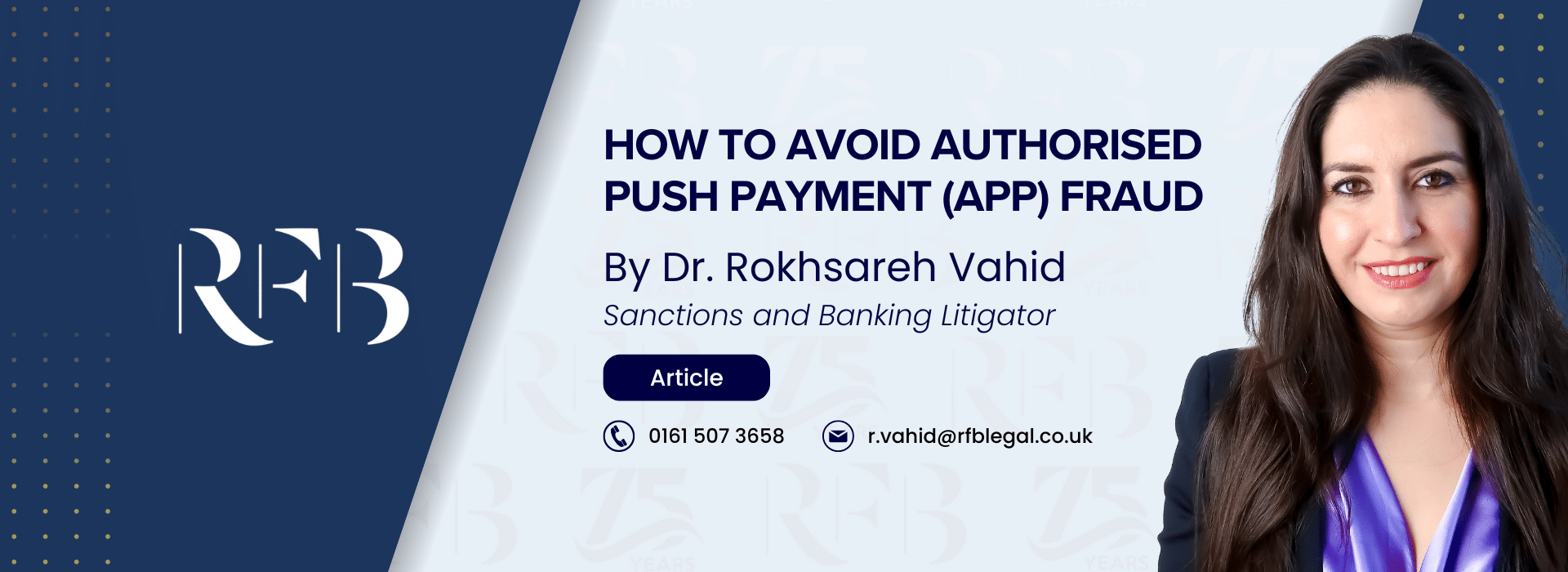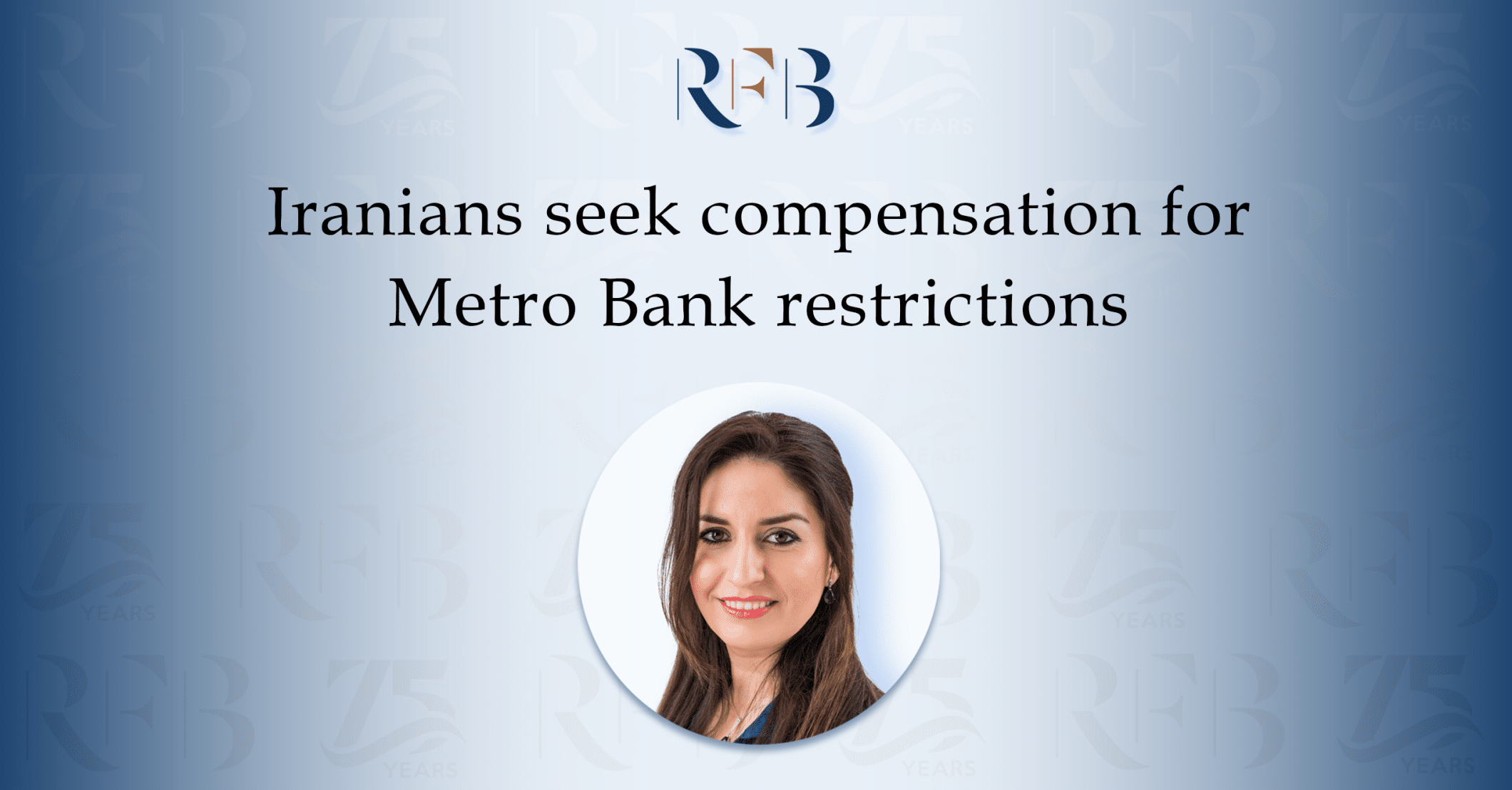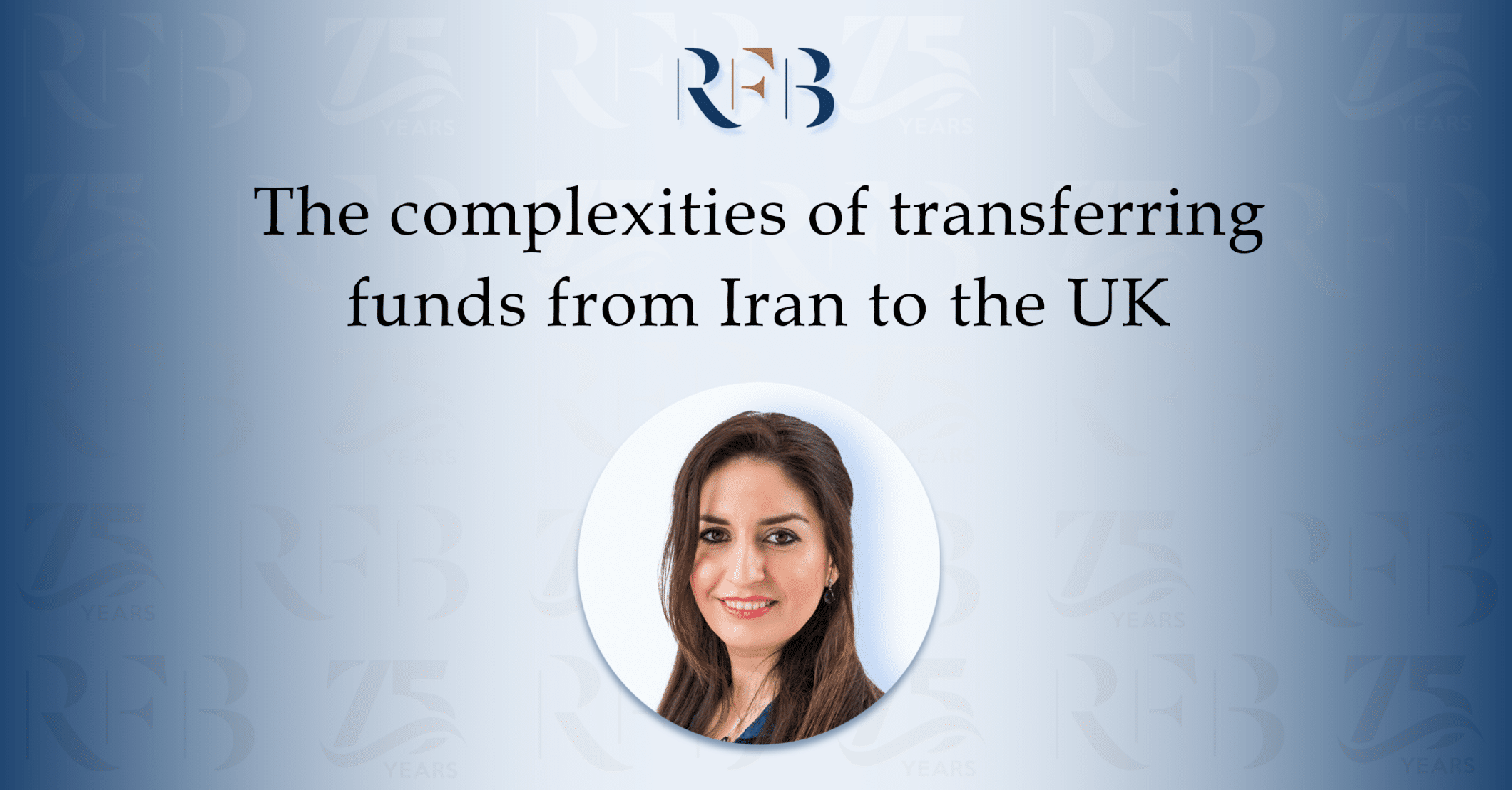What can you do if you suddenly lose access to your bank account(s) and your bank does not provide any reasons or clarity as to what is happening? Or, perhaps, the bank is providing reasons that don’t entirely make sense?
What if you receive correspondence from the police, HMRC, or another regulator indicating that they are making an application in Court to freeze your account or to recover your funds?
Or, if you are asked to attend a hearing at a Magistrates’ Court in relation to your bank account(s)?
Your actions and choices in these circumstances can have significant repercussions. They will affect the legal issues at hand and could also impact your future access to financial products and may also have immigration consequences in some scenarios. Therefore, bank account restrictions and investigations should be treated with utmost care and attention.
The Proceeds of Crime Act 2002 (‘POCA’) provides authority for law enforcement agencies, HMRC, and other regulators to obtain freezing orders from Magistrates’ Courts on bank accounts and, thereafter, to keep the funds by obtaining an account forfeiture order. This process can be initiated where there are suspicions of unlawful conduct or criminal activity. This can cause significant distress for innocent accountholders who suddenly find themselves unable to access their funds as they face court proceedings.
Rokhsareh Vahid, of Ronald Fletcher Baker LLP, explains the process and offers some recommendations when dealing with these issues.
Grounds for Suspicion
In the UK, Iranian British residents often face bank account freezing orders (‘AFO’) due to the way in which funds are transferred from Iran to the UK. Residents of many other countries face the same issues. This is often due to the absence of swift access between banks located in these countries and the UK.
Due to this, fund transfers may be arranged through money exchange companies and/or family and friends and, therefore, UK bank accounts may receive multiple individual and business transfers. These transfers may also include ambiguous and unclear references. As a result, these account activities can sometimes lead to suspicions of crime and unlawful conduct and, ultimately, an Account Freezing Order being made by a Magistrates’ Court on the involved bank accounts.
At other times, unbeknownst to the accountholder, the transfer into the UK bank account may come from a bank account that is already subject to investigation and, as such, the investigators may also obtain an AFO on the recipient bank account.
Whilst the matter is being investigated, the bank account is often frozen because the funds in the account are suspected of being recoverable property. In addition, usually, the accountholder is kept uninformed or is misinformed. This may be permissible under the tipping off provisions of POCA, which prohibits the banks from tipping off suspected individuals by providing information regarding the account freezing order and the underlying investigation.
It is not unusual for law enforcement agencies and regulators to seek multiple account freezing orders on multiple bank accounts at multiple banks when they suspect money-laundering and other criminal activities. Therefore, an accountholder may find herself/himself without any working bank accounts all at once.
It is important that you deal with an account freezing order as soon as you become aware of it. Given the complexities in these cases, we would recommend obtain legal representation. It is important to remember that an account freezing order is, often, only an initial stage of a longer process. If the investigating officer is not satisfied during this initial process, (s)he can then make an application in Court for forfeiture of the funds. Therefore, all documents and statements from involved individuals may be used as evidence in these matters and the relevant authorities will carry out their own investigations including to interview the depositors.
Rokhsareh Vahid, together with the team at RFB, deal with matters of this nature on a regular basis. In most cases where we are instructed at an early stage of police involvement, we are able to quickly and effectively conclude the matter successfully. However, in cases where the matter has progressed and there have been arrests and freezing or forfeiture court orders, the process of resolving the matter can take longer.
Bank Account Restrictions and Closures
Where an account has been restricted or closed without an Account Freezing Order, the bank may have engaged in overcompliance or de-risking practices.
Should a bank fail to undertake a proper investigation or disregard the explanation provided and proceed to restrict or close an account merely for receiving funds from a sanction sensitive country, there may be grounds to bring a claim against the bank.
If the bank acts in this way, we can work on reinstating your bank account, and advise on compensation should that be appropriate. In most cases, this is accomplished before issuing court proceedings.
Account Freezing Orders: Frequently Asked Questions
Account Freezing Orders: Helpful Tips
As you prepare to transfer your funds from a sanction sensitive country such as Iran to the UK, you may wish to take the following steps to minimise your risks:
1. Hire a UK-based FCA- authorised money exchange company to facilitate your money transfers.
These companies can receive currency in your country of choice and then deposit pound into your UK bank account from their UK business account.
2. Prepare complete documentation of your source of funds.
Regardless of the method of transfer, you should have complete documentation to prove your source of funds such as a translated sales contract, tax returns, or rental agreements.
If you are unsure of what documents you need to prepare, please contact Rokhsareh Vahid and we will be happy to guide you.
3. Obtain formal bank approval in advance.
Rokhsareh Vahid and the team regularly obtain approvals from our clients’ banks so they can receive their funds from Iran. This includes organising your source of funds documentation and connecting you with FCA-authorised money exchange companies so that your funds are transferred. This allows you to receive your funds in a legitimate and transparent manner and will eliminate risks of account closures and account restrictions.
4. Contact us immediately your bank account is restricted.
Having dealt with hundreds of cases of this kind, Rokhsareh and the team at RFB can assist to identify the cause of bank account restrictions and deal with these issues promptly to avoid escalation and further complications. The sooner you contact us, the more efficiently we can assist you.
Account Freezing Order Solicitors – Contact Us
Disclaimer
This article provides only general information and does not constitute legal advice. Every case is different and must be evaluated on its own merit. To learn more about your rights and the options available to you, please contact Rokhsareh Vahid at r.vahid@rfblegal.co.uk. For quality assurance and compliance purposes, senior partners supervise the cases.










